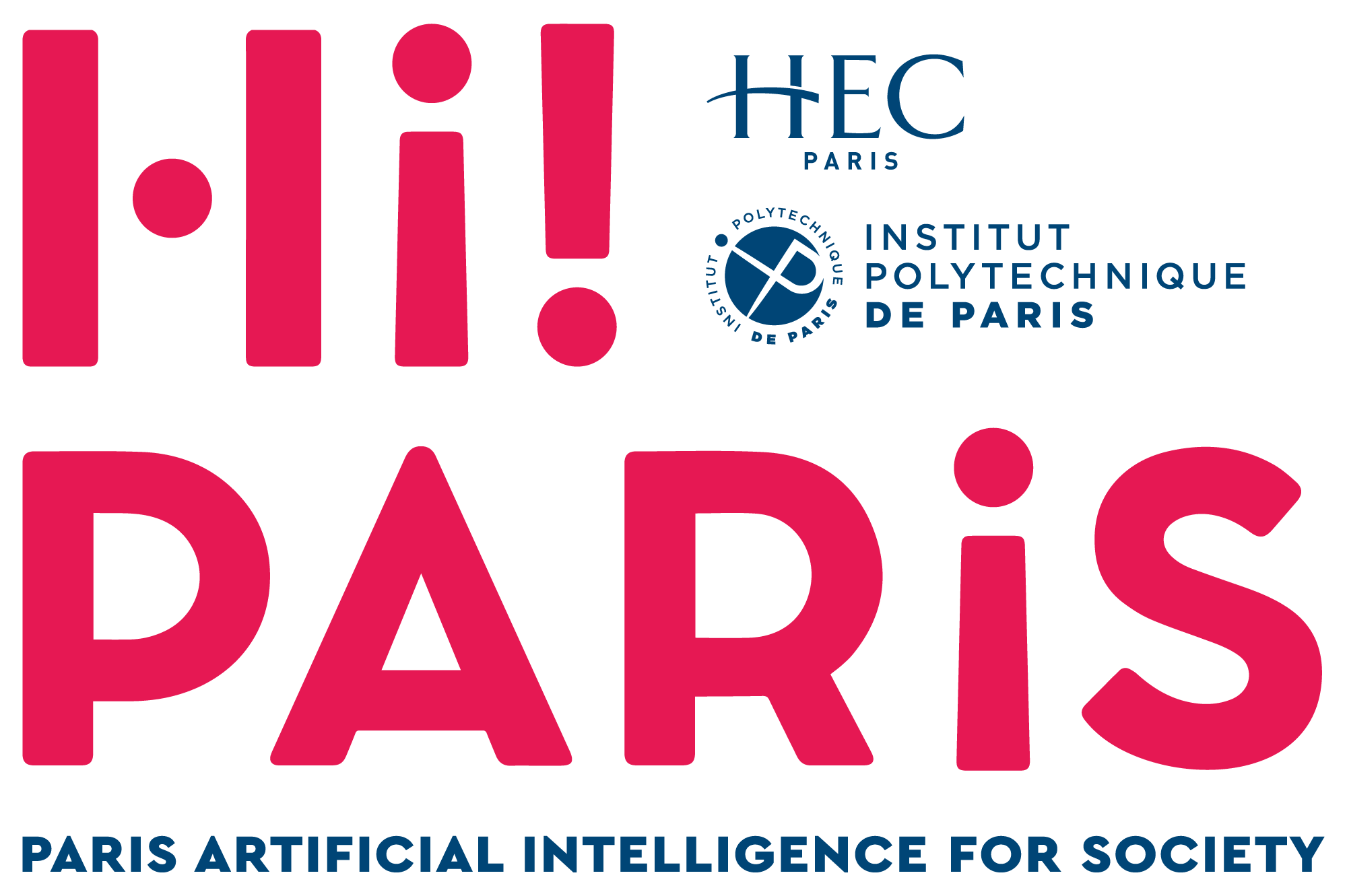Learn about this year’s Symposium program & speakers
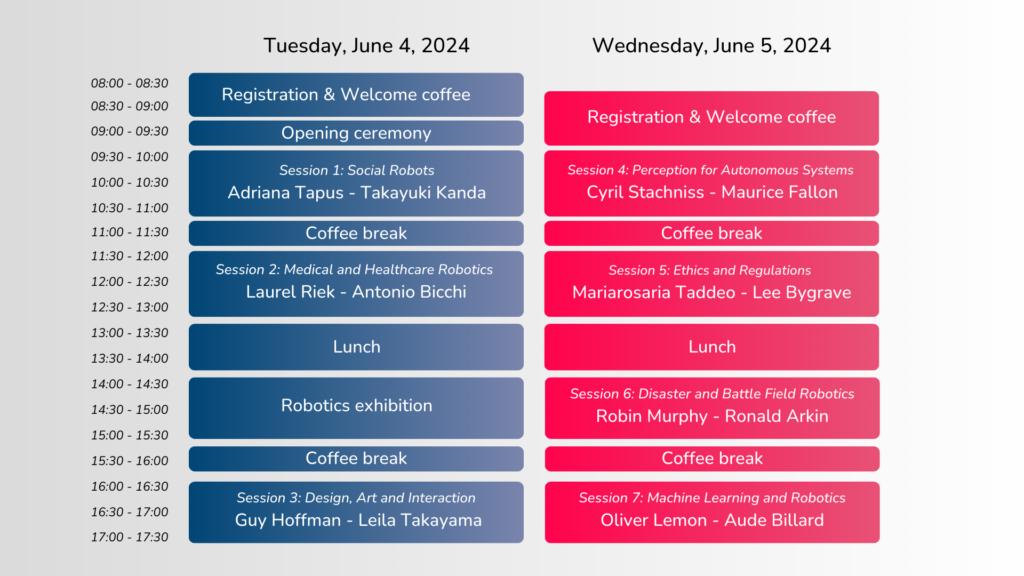
Session 1: Social and Socially Assistive Robotics

June 4, 2024 | 9:30 AM
Abstract: Social robots are coming to appear in our daily lives. Yet, it is not as easy as one might imagine. We developed a human-like social robot, Robovie, and studied the way to make it serve for people in public space, such as a shopping mall. On the technical side, we developed a human-tracking sensor network, which enables us to robustly identify locations of pedestrians. Given that the robot was able to understand pedestrian behaviors, we studied various human-robot interaction in the real-world. We faced with many of difficulties. For instance, the robot failed to initiate interaction with a person, and it failed to coordinate with environments, like causing a congestion around it. Toward these problems, we have modeled various human interaction. Such models enabled the robot to better serve for individuals, and also enabled it to understand people’s crowd behavior, like congestion around the robot; however, it invited another new problem, robot abuse. I plan to talk about a couple of studies in this line, and some of successful services provided by the social robot in the shopping mall, hoping to provide an insight about what the social robots in public space in a near future will be.
Bio: Takayuki Kanda is a professor in Informatics at Kyoto University, Japan. He is also a Visiting Group Leader at ATR Intelligent Robotics and Communication Laboratories, Kyoto, Japan. He received his B. Eng, M. Eng, and Ph. D. degrees in computer science from Kyoto University, Kyoto, Japan, in 1998, 2000, and 2003, respectively. He is one of the starting members of Communication Robots project at ATR. He has developed a communication robot, Robovie, and applied it in daily situations, such as peer-tutor at elementary school and a museum exhibit guide. His research interests include human-robot interaction, interactive humanoid robots, and field trials.

June 4, 2024 | 9:30 AM
Abstract: Social robots are more and more part of our daily lives, and the design of their behaviors greatly affects the way people interact with them. To ensure optimal engagement, long-term adaptation and personalized robot’s behavior to the user’s specific needs and profile should be envisaged. This presentation will explore innovative perception and interaction capabilities and address the challenges raised by inter-individual differences and intra-individual variability over time. Several studies that highlight these aspects and demonstrate the importance of personalized robotic interactions will be discussed.
Bio: Adriana TAPUS is a Professor at ENSTA Paris, member of the Institut Polytechnique de Paris, in the Autonomous Systems and Robotics Laboratory of the Computer Science and Systems Engineering Unit (U2IS). In 2011, she obtained Habilitation (HDR) for her thesis titled “Towards a personalized Human-Robot Interaction”.
She obtained her PhD in Computer Science from the Swiss Federal Institute of Technology in Lausanne (EPFL), Switzerland in 2005 and her degree in Computer Engineering from Polytechnic University of Bucharest, Romania in 2001. She has worked as a Research Associate at the University of Southern California (USC), where she was among the pioneers in the development of socially assistive robotics, contributing mainly in machine learning, human modeling, and human-robot interaction. Prof. Tapus is Associate Editor of the International Journal on Social Robotics (IJSR), ACM Transactions on Human-Robot Interaction (THRI), and IEEE Transactions on Cognitive and Developmental Systems (TCDS) and is on the steering committee of several major robotics conferences (IROS, ICRA, HRI, RO-MAN, etc.).
She has more than 150 research publications and received the Romanian Academy Award for her contribution in assistive robotics in 2010. In 2016 she was nominated as one of the “25 women in robotics you need to know about”. She has been the main coordinator of several national and international projects. Since 2019, she is also a founder member of the RoboticsByDesign lab.
Since 2019, she is also the Director of the Doctoral School of IP Paris.
Session 2: Medical and Healthcare Robotics

June 4, 2024 | 11:30 AM
Abstract: Robotics has gone through a transformation in the last decade. A conceptual revolution, started in the early 2000’s, has caused a steep transition from traditional, heavy industrial robots to safe, light, nimble co-bots which can co-exist and co-operate with humans, entering in touch with them. To do so, robots have become lighter, smaller, softer, and more intelligent.
The technological revolution of soft, intelligent machines today is spilling over from robotics to bionics. Not only soft technologies are safer, more effective and more adaptive: they can be above all more natural, as their motion and interaction patterns are dictated by similar principles as those moving our own human limbs. In the near future, users will be able to include soft bionic devices into their body schema, sending inputs and receiving feedback which match our inner model of interaction with the outside world.
This talk will illustrate several instances of application of these new ideas to robotic-aided rehabilitation, from prosthetics to assistance in upper motor neuron syndrome.
Bio: Antonio Bicchi is a Senior Scientist at the Italian Institute of Technology in Genoa and the Chair of Robotics at the University of Pisa. He graduated from the University of Bologna in 1988 and was a postdoc scholar at M.I.T. Artificial Intelligence lab. He teaches Robotics and Control Systems in the Department of Information Engineering (DII) of the University of Pisa. He leads the Robotics Group at the Research Center “E. Piaggio” of the University of Pisa since 1990. He is the head of the SoftRobotics Lab for Human Cooperation and Rehabilitation at IIT in Genoa. Since 2013 he serves ad Adjunct Professor at the School of Biological and Health Systems Engineering of Arizona State University.
From January, 2023, he is the Editor in Chief of the International Journal of Robotics Reserach (IJRR), the first scientific journal in Robotics. He has been the founding Editor-in-Chief of the IEEE Robotics and Automation Letters (2015-2019), which rapidly became the top Robotics journal by number of submissions. He has organized the first WorldHaptics Conference (2005), today the premier conference in the field. He is a co-founder and President of the Italian Institute of Robotics and Intelligent Machines (I-RIM)
His main research interests are in Robotics, Haptics, and Control Systems. He has published more than 500 papers on international
journals, books, and refereed conferences. His research on human and robot hands has been generoously supported by the European Research Council with an Advanced Grant in 2012, a Synergy Grant in 2019, and three Proof-of-Concept grants. He originated and is today the scientific coordinator of the JOiiNT Lab, an advanced tech transfer lab with leading-edge industries in the Kilometro Rosso Innovation District in Bergamo, Italy.
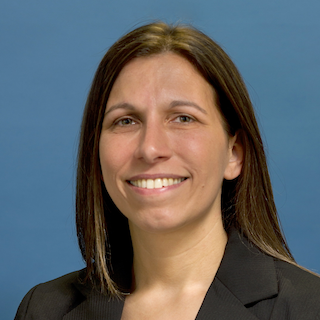
June 4, 2024 | 11:30 AM
Abstract: Worldwide, over 55 million people have dementia (PwD), and millions of others have mild cognitive impairment (MCI), both of which can cause significant cognitive and functional changes to daily living. Neither has a cure, but there are neurorehablitative interventions that can help slow the loss of function and/or enable function to be regained. However, it is difficult for many people to access these interventions, so there is hope that the use of interactive, home-based, embodied AI systems, such as robots, can help expand access. In this talk, I will describe our efforts in creating: 1) new interactive, adaptive robots that facilitate delivering neurorehablitative support to people with MCI longitudinally at home, and 2) social robots co-designed with caregivers and people with dementia to provide social support and stimulation.
Bio: Dr. Laurel Riek is a Full Professor of Computer Science and Engineering at UC San Diego, and also has appointments in the Department of Emergency Medicine, Contextual Robotics Institute, and Design Lab. Dr. Riek directs the Healthcare Robotics Lab, and leads research in human-robot teaming, assistive robotics, embodied AI, and health informatics, and builds intelligent systems which work with people. Riek’s current research projects have applications in acute care, neuro-rehabilitation, and home health, and works on furthering health equity through community-driven research efforts. Dr. Riek has received the NSF CAREER Award, AFOSR Young Investigator Award, Qualcomm Research Award, and multiple best paper awards. Dr. Riek leads the ONR MURI HUDDLE project. Prof. Riek currently serves on the editorial boards of the IEEE Conference on Robotics and Automation (ICRA), ACM Transactions on Human Robot Interaction (THRI), and previously served as the HRI 2023 General Co-Chair and HRI 2020 Program Co-Chair.
Session 3: Design, Art & Interaction
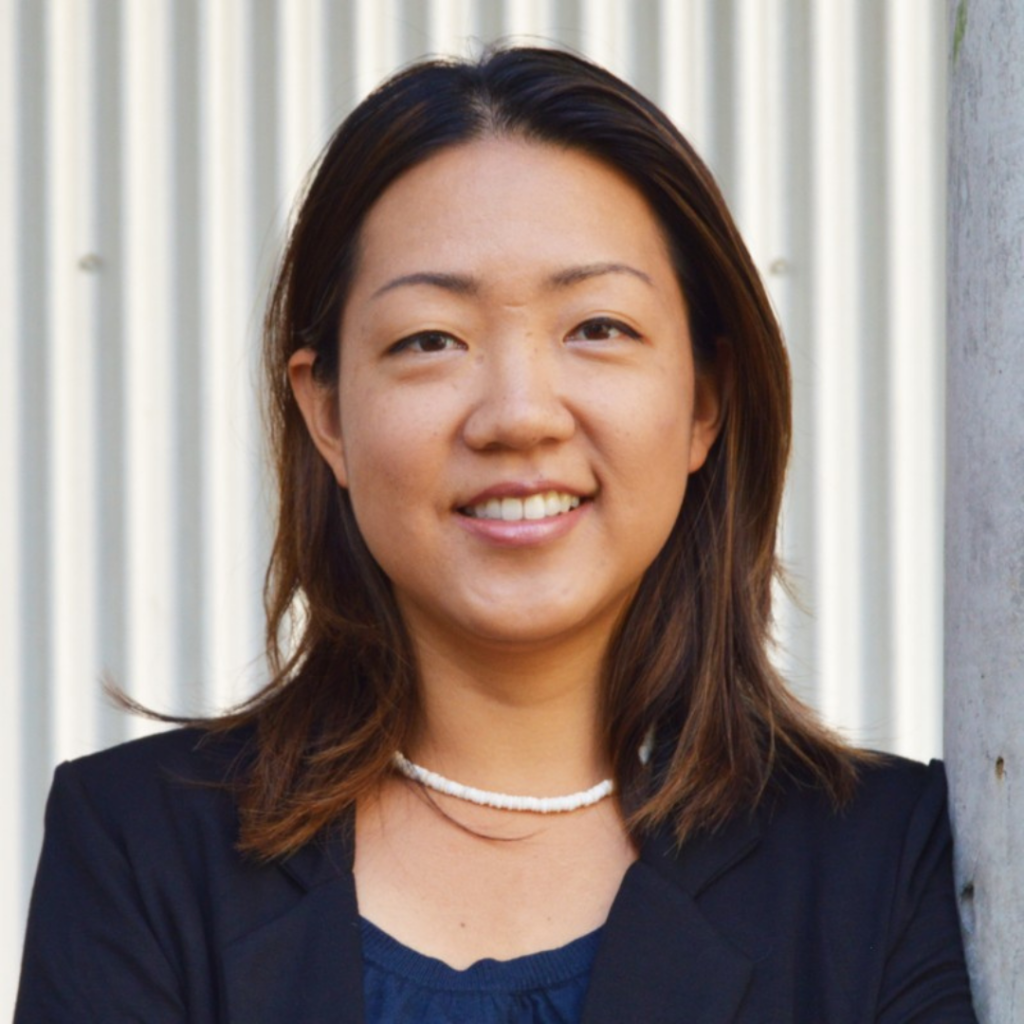
June 4, 2024 | 2:00 PM
This session will be livestreamed online.
Abstract: In a time when there are so many flashy robot demos being promoted in the media, it is worth remembering that sometimes those robots are seen as intimidating and threatening, especially when deployed in workplaces. When robots are unwanted, people find ways to shove them aside — sometimes subtly, sometimes violently. Drawing from human-computer interaction research, this talk will explore ways to make robots more invisible-in-use, offering provocations and examples of how we might invent a future that is more human-centered by design. Sometimes, the most useful robots are the ones that hide in plain sight.
Bio: Leila Takayama is a Human-Robot Interaction specialist in the psychology of people’s interactions with robotic products and services. She is VP of Design and Human-Robot Interaction at Robust.AI, where they are developing collaborative mobile robots that support warehouse operations. Prior to joining Robust.AI, she was a tenured associate professor at the University of California, Santa Cruz. She also worked as a full-time researcher at Willow Garage and GoogleX.
In her consulting work at Hoku Labs, she translates human-robot interaction research into actionable recommendations for the design of robotic products and services. Her clients include Fortune 100 companies, tech startups, and non-profit organizations. She has contributed to over a dozen robot products that have shipped, including drones in the air; industrial, service, and consumer robots on the ground; and uncrewed robotic systems in the ocean.

June 4, 2024 | 2:00 PM
Abstract: Three design tropes are predominant in many robots’ design choices: the lifelike human or animal replica, the futuristic machine, and the cute companion. What are the historical origins of these tropes, and what are their social and cultural implications? Robot designers are often blind to the cultural “baggage” of their design choices and would be advised to consciously engage with these contexts and implications when designing social robots. The presented work is a collaboration with Belinda Dunstan.
Bio: Dr. Guy Hoffman is an Assistant Professor and the Mills Family Faculty Fellow in the Sibley School of Mechanical and Aerospace Engineering at Cornell University. Prior to that he was an Assistant Professor at IDC Herzliya and co-director of the IDC Media Innovation Lab. Hoffman holds a Ph.D from MIT in the field of human-robot interaction. He heads the Human-Robot Collaboration and Companionship (HRC2) group, studying the algorithms, interaction schema, and designs enabling close interactions between people and personal robots in the workplace and at home. Among others, Hoffman developed the world’s first human-robot joint theater performance, and the first real-time improvising human-robot Jazz duet. His research papers won several top academic awards, including Best Paper awards at HRI and robotics conferences in 2004, 2006, 2008, 2010, 2013, 2015, 2018, and 2019. In both 2010 and 2012, he was selected as one of Israel’s most promising researchers under forty. His TEDx talk is one of the most viewed online talks on robotics, watched more than 3 million times. Hoffman received his M.Sc. in Computer Science from Tel Aviv University as part of the Adi Lautman interdisciplinary excellence scholarship program.
Session 4: Perception for Autonomous Systems

June 5, 2024 | 9:30 AM
Abstract: In this talk I will focus on multi-sensor state estimation and 3D mapping methods for dirty, dark and dusky environments – underground mines, natural environments such as forests and construction sites. Fusing vision, inertial, lidar and kinematic sensing creates a variety of algorithmic challenges but also promises redundancy and complementarity.
Additionally by leveraging learning, a robot or sensor system can better understand its surroundings and avoid degenerate failure modes. A variety of demonstrations will be presented on closed loop quadrupeds, drones and handheld mapping systems.
Bio: Maurice Fallon is an Associate Professor at University of Oxford. He leads the Dynamic Robot Systems Group which focuses on perception, mapping and navigation and focuses on dynamic robots (quadrupeds, handheld systems and drones). Originally from Ireland, Maurice did his PhD on audio source tracking in at the University of Cambridge. He was a post doc working on marine navigation in John Leonard’s Marine Robotics Group after that. From 2012-2015 he was the perception lead of MIT’s team in the DARPA Robotics Challenge developing state estimation algorithms for the Boston Dynamics Atlas robot. He moved to Oxford in 2017 to take up a prestigious Royal Society University Research Fellowship. He has been a PI on several large UK and EU collaborative projects including deploying platforms measuring radiation maps of Chernobyl nuclear power plant, exploring mines and creating digital models of forests.

June 5, 2024 | 9:30 AM
Abstract: Crop farming plays an essential role in our society, providing food, feed, fiber, and fuel. We heavily rely on agricultural production, but at the same time, we need to reduce the footprint of agriculture production. Agricultural robots offer promising directions to address management challenges in agricultural fields. For that, autonomous field robots need the ability to perceive and model their environment, predict possible future developments, and make appropriate decisions in complex and changing situations. This talk will showcase recent developments in semantic perception for crop production. It will illustrate options to boost the performance of robot perception systems operating in field environments.
Bio: Cyrill Stachniss is a full professor at the University of Bonn and heads the Photogrammetry and Robotics Lab. He is additionally a Visiting Professor in Engineering at the University of Oxford and is with the Lamarr Institute for Machine Learning and Artificial Intelligence. Before his appointment in Bonn, he was with the University of Freiburg and ETH Zurich. Since 2010, he has been a Microsoft Research Faculty Fellow and received the IEEE RAS Early Career Award in 2013. From 2015 to 2019, he was senior editor for the IEEE Robotics and Automation Letters. He is the spokesperson of the DFG Cluster of Excellence “PhenoRob” at the University of Bonn, together with his colleague Heiner Kuhlmann. His research focuses on probabilistic techniques as well as learning approaches for mobile robotics, perception, and navigation. The main application areas of his research are autonomous service robots, agricultural robotics, and self-driving cars. He has co-authored over 300 publications and has coordinated multiple large-scale research projects on the national and European levels. Besides his university involvement, he cofounded three startups: Escarda Technologies, DeepUp, and PhenoInspect.
Session 5: Ethics and Regulations

June 5, 2024 | 11:30 AM
Abstract: Brussels is in a regulatory rush. Over the last few years, the EU has enacted a multitude of laws dealing with various aspects of the digital environment. Many of these laws lay down basic conditions for the development and deployment of AI-enhanced (‘smart’) robotics.
Making sense of this wave of regulation is far from easy, particularly as the laws frequently interact in complex, confusing, and sometimes disjointed ways. This presentation provides an overview of these laws, particularly in terms of their impact on smart robotics, and addresses the fundamental issue as to whether they may unnecessarily stifle the innovation that is key to a healthy robotics market.
Bio: Lee A. Bygrave is Full Professor at the Department of Private Law, University of Oslo, where he is Director of the Norwegian Research Center for Computers and Law. He is additionally Honorary Professor at the College of Law, Australian National University, Academic Affiliate of the Centre for Health, Law and Emerging Technologies at the University of Oxford, and a Fellow of the European Law Institute. Lee has carried out pioneering research and development of regulatory policy for information and communication technology for over three decades. He has world-class expertise on legal aspects of data privacy, cybersecurity, robotics, artificial intelligence, and governance of critical internet infrastructure. He is the author of two international standard texts in the field of data privacy law, and co-author and co-editor of the leading international commentary on the EU General Data Protection Regulation. His research output includes seminal analyses of, i.a., the legal-regulatory framework for automated decision-making, ‘cognitive sovereignty’ as a key interest affected by the opacity of machine-learning processes, the privacy implications of digital rights management systems, the use of ‘design-based’ regulatory techniques for integrating legal values into information systems architecture, contractual mechanisms for governance of digital networks and spaces, and the legal (mis)use of information concepts. Lee has functioned as expert advisor on technology regulation for numerous organisations, including the Nordic Council of Ministers, the European Commission, the Internet Corporation for Assigned Names and Numbers, and the Norwegian government. His work in the area of data privacy has been cited several times with approval by the Court of Justice of the European Union. He currently serves on an expert committee appointed by the Norwegian Government to review and reform Norway’s legislative framework for re-use of public sector data.

June 5, 2024 | 11:30 AM
Abstract: Defence establishments worldwide now recognise artificial intelligence (AI) as a pivotal asset to secure a strategic advantage. Consequently, the race to harness AI for defence purposes is accelerating globally, with its integration spanning from logistical frameworks to combat operations. This widespread adoption of AI into defence prompts both operational and conceptual changes, which in many cases are coupled with severe ethical risks. Consider, for example, the responsibility gap for the actions of AI systems or their limited predictability and transparency and the implications these aspects have for human control. Identifying and addressing these risks is crucial to ensure that an AI-enabled defence does not trample human rights or erode the fundamental values of democratic societies. In this lecture, I will outline a unified framework to identify, analyse, and address systematically the ethical risks arising from the many current—and possible—uses of AI in defence, as well as inform their governance.
Bio: Professor Taddeo is Professor of Digital Ethics and Defence Technologies. She is also the Programme Director of the DPhil in Information, Communication and the Social Sciences at the Oxford Internet Institute and Dslt Ethics Fellow at the Alan Turing Institute.
Her recent work focuses on the ethics and governance of digital technologies, and ranges from designing governance measures to leverage artificial intelligence (AI) to addressing the ethical challenges of using defence technology in defence, ethics of cybersecurity, and governance of cyber conflicts. She has published more than 150 articles in this area, focusing on topics like trustworthy digital technologies, governance of digital innovation, ethical governance of AI for national defence, ethics of cybersecurity (complete list of her publications). Her work has been published in major journals like Nature, Nature Machine Intelligence, Science, and Science Robotics.
Professor Taddeo has led, leads, and co-leads several projects in the area of Digital Ethics successfully. Most notably, she is the PI of a current project on the ‘Ethical Principles for the Use of AI for National Security and Defence’ funded by Dstl (the UK Defence Science and Technology Laboratory). She was Co-I in an EPSRC project, which funded the PETRAS IoT Research Hub. She was PI on a project funded by the NATO Cooperative Cyber Defence Centre of Excellence (CDD COE) to define ethical guidance for the regulation of cyber conflicts. Since 2017 she has been Co-PI on research projects developed at the Oxford Internet Institute such as ‘Digital Well-Being’; ‘The Ethics of Recommender Systems’; ‘Posthumous Medical Data Donation’.
Session 6: Disaster and Battle Field Robotics

June 5, 2024 | 2:00 PM
Abstract: Since the 9/11 World Trade Center attack, small ground, aerial, and marine robots have been used to save lives and reduce the impact of disasters. The same robots, combined with artificial intelligence, are also being used to prevent or at least mitigate disasters. This talk describes how robots have been used, why disasters may be more challenging than planetary rovers, and what are the promising advances in AI and hardware. It will also discuss the invisible barriers that may be slowing down the transfer of this valuable technology to local emergency management, limiting the benefit to society.
Bio: Dr. Robin R. Murphy is the Raytheon Professor of Computer Science and Engineering at Texas A&M University and a director of the Center for Robot-Assisted Search and Rescue (non-profit). She is an AAAS, ACM, and IEEE Fellow, a TED speaker, and the author of over 400 papers and four books including the award-winning Disaster Robotics. She has deployed ground, aerial, and marine robots to over 30 disasters in five countries including the 9/11 World Trade Center, Fukushima, Hurricane Harvey, and the Surfside collapse.
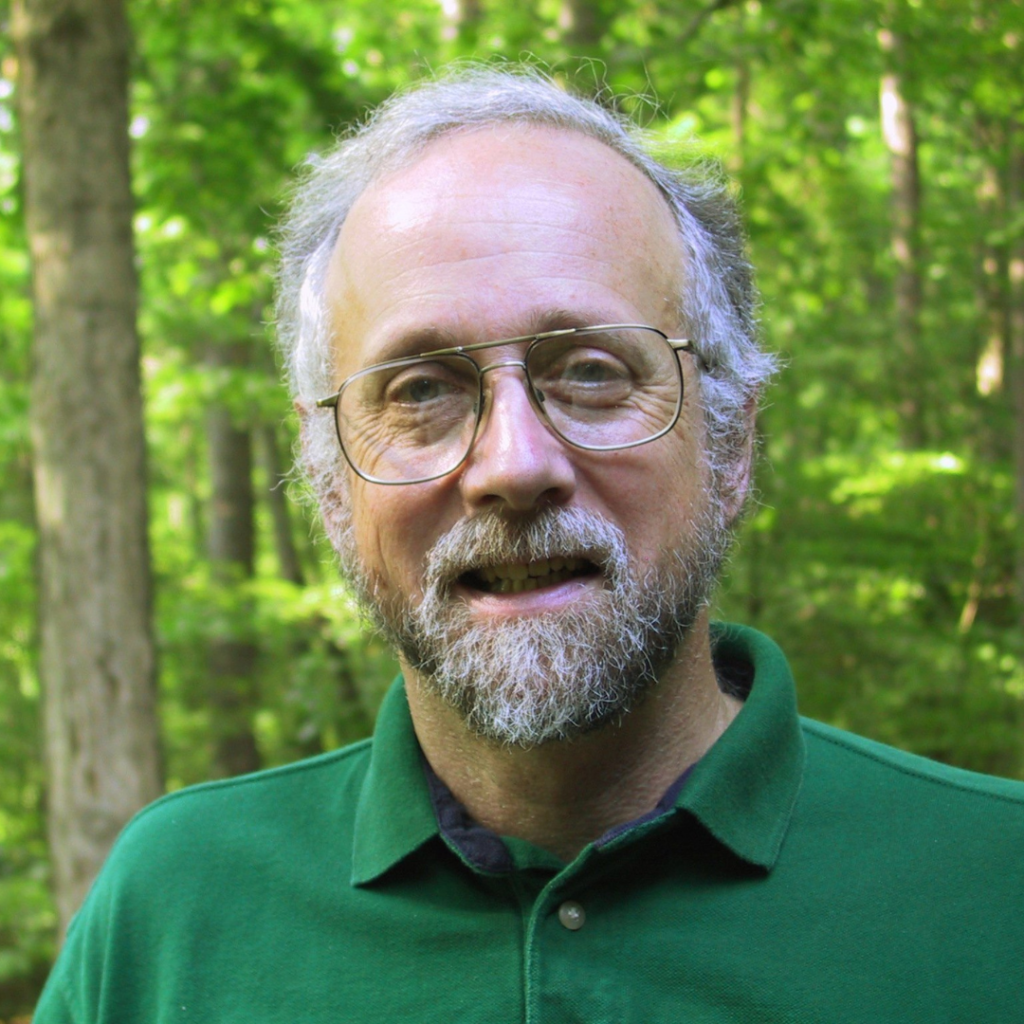
June 5, 2024 | 2:00 PM
Abstract: Meetings of the United Nations in Geneva regarding the Convention on Certain Conventional Weapons consider the many issues surrounding the use of lethal autonomous weapons systems from a variety of legal, ethical, operational, and technical perspectives. Over 80 nations are represented and engaged in the discussion. This talk reprises the issues the author broached regarding the role of lethal autonomous robotic systems and warfare, and how if they are developed appropriately they may have the ability to significantly reduce civilian casualties in the battlespace. This can lead to a moral imperative for their use, not unlike what Human Rights Watch has attributed regarding the use of precision-guided munitions in urban settings due to the enhanced likelihood of reduced noncombatant deaths. Nonetheless, if the usage of this technology is not properly addressed or is hastily deployed, it can lead to possible dystopian futures. This talk will encourage others to think of ways to approach the issues of restraining lethal autonomous systems from illegal or immoral actions in the context of both International Humanitarian and Human Rights Law, whether through technology or legislation. Significant new research initiatives in the US Department of Defense have begun to explore this possibility.
Bio: Ronald C. Arkin is Regents’ Professor Emeritus in the College of Computing at Georgia Tech, where he also served as Associate Dean for Research. He served as STINT visiting Professor at KTH in Stockholm, Sabbatical Chair at the Sony IDL in Tokyo, member of the Robotics and AI Group at LAAS/CNRS in Toulouse, and in Brisbane Australia at Queensland University of Technology and CSIRO. Dr. Arkin’s research interests include behavior-based control and action-oriented perception for mobile robots and UAVs, deliberative/reactive architectures, robot survivability, multiagent robotics, biorobotics, human-robot interaction, machine deception, robot ethics, and learning in autonomous systems. His books include Behavior-Based Robotics, Robot Colonies, and Governing Lethal Behavior in Autonomous Robots. He has provided expert testimony to the United Nations, the International Committee of the Red Cross, the Pentagon and others on Autonomous Systems Technology. Prof. Arkin served on the Board of Governors of the IEEE Society on Social Implications of Technology, the IEEE Robotics and Automation Society (RAS) AdCom and is a founding co-chair of IEEE RAS Technical Committee on Robot Ethics. He served as a Distinguished Lecturer for the IEEE Society on Social Implications of Technology, is currently a Distinguished Visitor for the IEEE Computer Society and and a Life Fellow of the IEEE.
Session 7: Future directions in Machine Learning and Robotics

June 5, 2024 | 4:00 PM
Abstract: Robots powered by Generative AI models are making impressive advances, particularly in interaction with humans in complex environments and tasks. However, unlocking their full potential requires responsible design and development to ensure safety, ethics, and usefulness.
This talk explores these challenges and opportunities through the lens of several projects at the National Robotarium and Alana AI. We will investigate projects on social robots for elder care (EC SPRING), supporting stroke patients (EC RESQ+), assisting the visually impaired (RNIB), and collaborating on missions in simulated environments (Amazon SimBot challenge). Through these case studies, I’ll identify key considerations for the responsible development of situated and embodied Generative AI. These insights will enable future advances in collaborative human-robot teams.
Bio: Oliver Lemon is a Professor of AI at Heriot-Watt University, Edinburgh. He is Academic Co-Lead of the UK’s National Robotarium, and co-founder of Alana AI. He holds a PhD from Edinburgh University, and was formerly a Research Fellow at Stanford and Edinburgh Universities and a Visiting Scientist at NASA. He is co-author of over 300 publications pioneering machine learning techniques for conversational AI, Natural Language Processing, and Human-Robot Interaction. He has been PI on several UK and EU collaborative research projects with industry partners such as PAL Robotics, BMW, and Orange Labs, and has supervised 3 teams reaching the finals of the Amazon Alexa Prize. He was Chair of SIGDIAL, and is an Action Editor for Transactions of the Association for Computational Linguistics.

June 5, 2024 | 4:00 PM
Bio: Aude Billard is full professor, head of the LASA laboratory and the Associate Dean for Education in School at the School of Engineering at the Swiss Institute of Technology Lausanne (EPFL). Prof Billard currently serves as the President of the IEEE Robotics and Automation Society, director of the ELLIS Robot Learning Program and co-director of the Robot Learning Foundation, a non-profit corporation that serves as the governing body behind the Conference on Robot Learning (CoRL), and leads the Innovation Booster Robotics, a program funding technology transfer in robotics and powered by the Swiss Innovation Agency, Innosuisse.
Prof Billard holds a BSc and MSc in Physics from EPFL and a PhD in Artificial Intelligence from the University of Edinburgh. Prof Billard is an IEEE Fellow and the recipient of numerous recognitions, among which the Intel Corporation Teaching award, the Swiss National Science Foundation career award, the Outstanding Young Person in Science and Innovation from the Swiss Chamber of Commerce, the IEEE RAS Distinguished Award, and the IEEE-RAS Best Reviewer Award. Dr. Billard was a plenary speaker at major robotics, AI and Control conferences (ICRA, AAAI, CoRL, HRI, CASE, ICDL, ECML, L4DC, IFAC Symposium, ROMAN, Humanoids and many others) and acted on various positions on the organization committee of numerous International Conferences in Robotics. Her research spans the fields of machine learning and robotics with a particular emphasis on fast and reactive control and on safe human-robot interaction. This research received numerous best conference paper awards, as well as the prestigious King-Sun Fu Memorial Award for the best IEEE Transaction in Robotics paper, and is regularly featured in premier venues (BBC, IEEE Spectrum, Wired).
Abstract: Dexterous manipulation of objects is robotics’ 21st century primary goal. It envisions robots capable of sorting objects and packaging them, of chopping vegetables and folding clothes. To be able to manipulate the vast variety of objects existing world-wide, robots must be able to learn robust control laws that enable them to adapt to the natural uncertainty of interaction with the real world. This talk will present development of new machine learning techniques for learning control laws from sparse data that provide fast retrieval and adaptation at run time, and their application for variety of complex manipulation, such as catching objects in flight, throwing objects at moving targets or enabling full body obstacle avoidance of fast moving obstacles.
